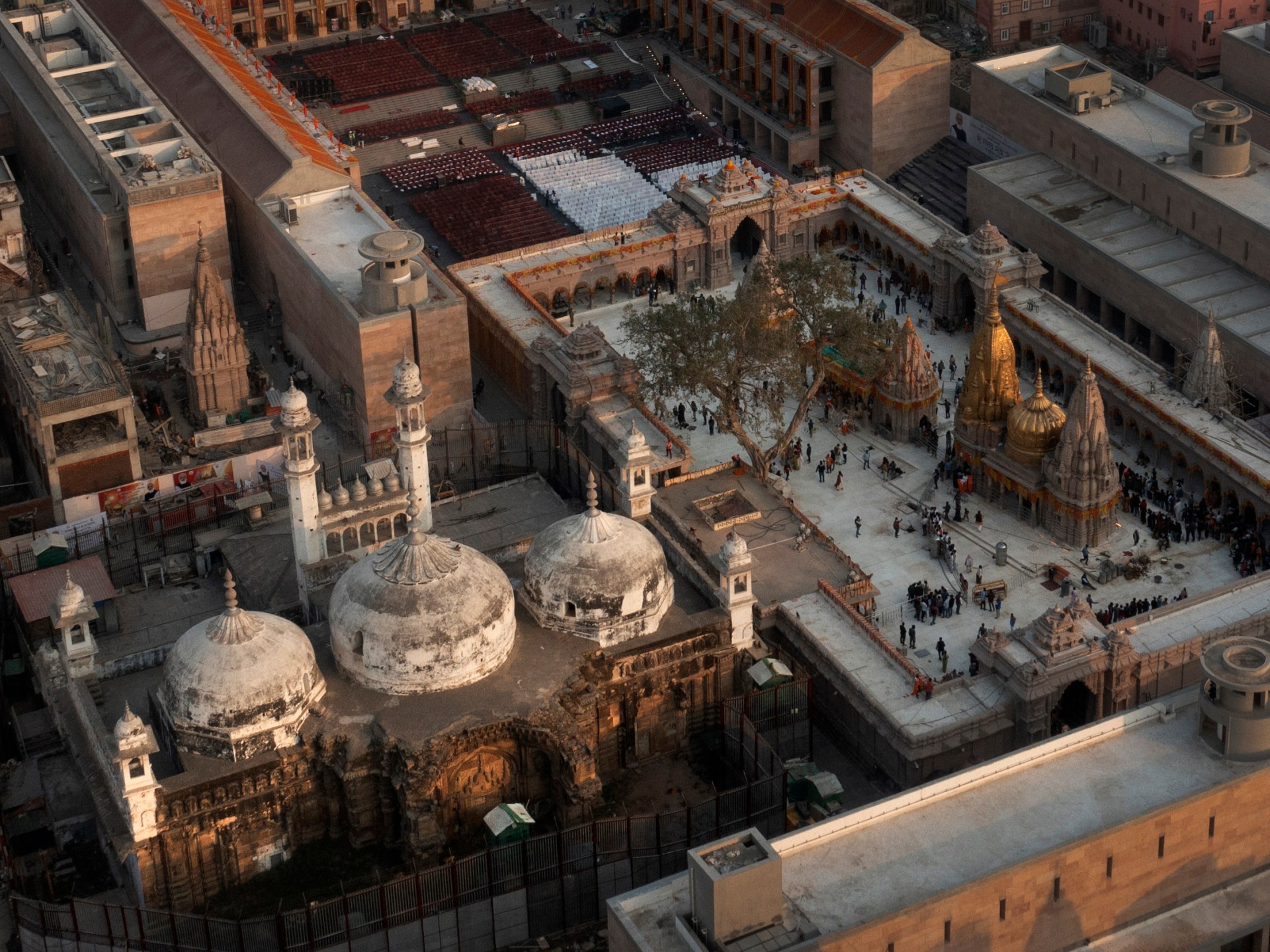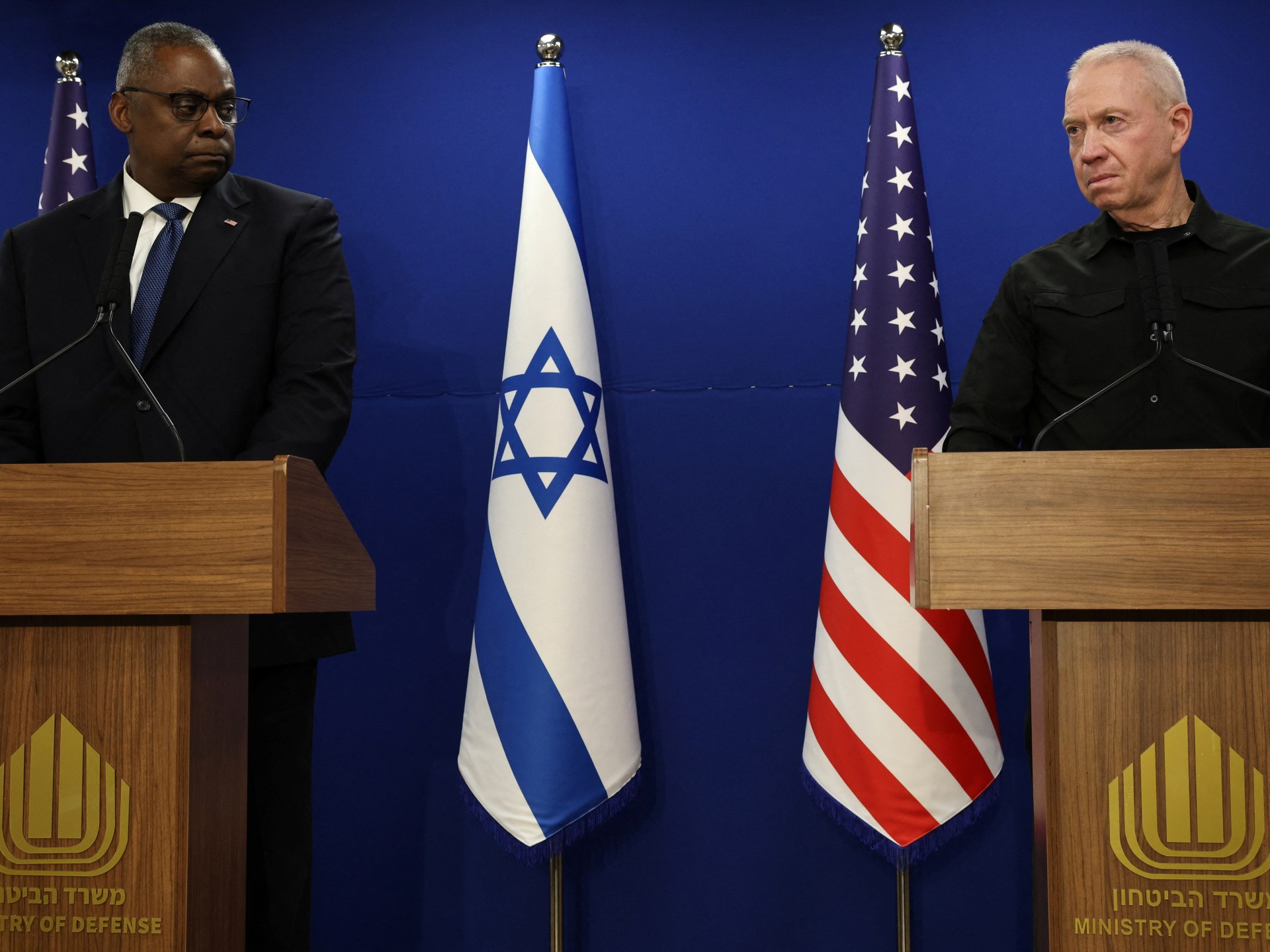
Earlier, Wagner Group leader Yevgeny V. Prigozhin appeared at a Russian cultural center in the capital of the Central African Republic, sat with schoolchildren and promised them free laptops.
But Mr. Prigozhin’s death in August has shaken the mercenary group’s once cozy ties with the Central African Republic, which is now weighing offers from Russia and Western countries, including the United States, to replace Wagner as its main security guarantor.
The outcome of this fight could set the tone for the group’s future on the continent, where the Central African Republic is perhaps the most deeply enmeshed of the few African nations working with Wagner.
The Russian Ministry of Defense has tried to absorb some of Wagner’s activities while maintaining his influence and to preserve his wealth of knowledge across the continent. But a senior Western diplomat said the uncertainty surrounding Wagner in the Central African Republic represents a “window of opportunity” for the United States and France to counter Russian influence.
The Biden administration offered security assistance in return for Wagner’s relief, said three Central African officials briefed on the talks. Recently, representatives of American private security firm Bancroft met with Central African officials in the country’s capital, a person familiar with the meeting confirmed.
Fidèle Gouandjika, security adviser to the country’s President Faustin-Archange Touadéra, said his government has until next month to tell U.S. officials whether it is willing to partner with them.
A State Department spokesman said in a statement that the United States was encouraging Central African officials to “gain their independence from the Wagner Group,” but declined to comment further. The National Security Council did not respond to a request for comment.
Mr. Touadéra has also held talks with French President Emmanuel Macron, the former colonial power whose involvement in the Central African Republic has waned in recent years. French and Central African officials are currently working on a roadmap for renewed cooperation in civil affairs.
But it remains unclear whether Western countries can provide the same level of security as the mercenary group and whether hard-pressed Central African officials will dare confront rebel groups and other security threats without Wagner’s familiar embrace. France, which is reducing its security presence in former colonies amid growing hostility over its continued influence, has made clear it will not contribute troops.
For years, the Wagner Group has protected the leadership of the Central African Republic with brutal security measures, weapons and propaganda campaigns. In return, it has received lucrative mining concessions for gold, diamonds and timber while committing serious human rights abuses against civilians and in clashes with rebel groups.
But in interviews with more than a dozen officials and diplomats, as well as analysts and human rights advocates over several weeks, a new narrative appears to be emerging. Many say Wagner was a difficult partner that many officials would like to get rid of.
“They sold us a win-win partnership, but that relationship didn’t give us that much,” one of the Central African government officials said of Wagner, who spoke on condition of anonymity to discuss relations with the group.
Vladislav Ilin, a spokesman for the Russian embassy in the capital Bangui, said Russia was “determined to return to the African continent” and continue its security partnership with the Central African Republic.
When asked what The death of Mr. Prigozhin Mr Ilin said: “No change.”
Some experts agree with this assessment and doubt that Mr. Touadéra would dare to give up the security offered by Wagner.
“Touadéra is like a disabled man who walks with a stick, and that stick is Wagner,” said Sergei Eledinov, a retired Russian military officer and independent analyst on security issues in Africa.
At the same time, he added: “Russia does not know how to do business in Africa. Wagner does.”
Russian military trainers were first invited to the Central African Republic in 2017 as the poorly trained and underfunded army struggled to contain rebel groups that had waged insurgencies since 2012.
It was a quick fix for both sides: Russia saw an opportunity to regain its influence on a continent where it had lost influence since the fall of the Soviet Union. The Central African government could enjoy the support of a major power without meeting the human rights and transparency standards demanded by Western partners. Even now, with his influence in the Central African Republic seemingly weakened, Wagner remains an important presence. As the seedy battle for his future unfolds, more than 1,000 Wagner mercenaries and some of the group’s top agents remain in the country.
They still control the largest gold mine in the Central African Republic, and the Russians still accompany Mr. Touadéra as he moves through the country.
National soldiers trained by Russian instructors and wearing the Wagner skull logo on their uniforms still guard government buildings and patrol the presidential district.
And in Bangui, high-ranking local Wagner figures dine at the same restaurants that Western diplomats and United Nations officials prefer. They have even been seen at private parties organized by humanitarian organizations.
They trained local priests to join the Russian Orthodox Church and financed a radio station, Radio Lengo Songo, which editor-in-chief Frédéric Krock described in an interview as “under the influence” of “our Russian partners.”
Through a company sanctioned by the U.S. Treasury Department, Wagner employees also produce beer, vodka and flavored spirits that Central Africans sip in bars and parks as the sun sets over Bangui in the late afternoon.
“Wagner or not, it feels like the Russians still control everything,” said Abdoulaye Ibrahim, a former Wagner associate who was involved in the group’s propaganda operations.
With such a network of connections to Wagner, it is difficult for many Central Africans to imagine a divorce from the group. “The Wagners,” they say, turned their soldiers into a professional army. They saved Bangui from the rebels and brought order to remote regions of the country.
“The West wants us to get rid of Wagner, but without her we will have problems within 48 hours,” said Robert Ngoki, the president of the country’s chamber of commerce. “Whether we like it or not, they are the ones who ensure the security of the hinterland.”
But many others say the group’s harsh tactics, including rape, torture and other human rights abuses, as well as economic exploitation, have worsened the relationship.
The main road connecting Bangui with neighboring Cameroon winds through lush plains and dense forests and past scattered villages. Sometimes an unmarked vehicle appears on the horizon accompanying trucks into the capital.
These are Wagner convoys that secure the lifeline of one of the poorest countries in the world and often help themselves to whatever they want. On the side of the road, where vendors sell gas as well as snacks in Russian beer bottles, Russian drivers often stop to get a can of lemonade, a piece of bushmeat or chicken – without paying.
In Yaloké, a small mining town, armed, masked white men looted motorcycles, animals and gold, according to residents. When Russian-speaking men stole two goats in 2021, they told their owner, who asked to be identified only by his first name, Jean-Puissance: “It’s on Touadéra’s bill,” he said, referring to the Central African president.
“They are bandits. They loot and leave,” he added. “And they will come back.”
Central Africans and human rights groups say they also use beatings and torture as a routine element of their law enforcement efforts.
When a street vendor in the western town of Bouar was arrested in March after an acquaintance accused him of stealing a gallon of gasoline, he was taken to a Russian camp at the city’s entrance.
Hours later, salesman Guy Moket was dropped off at the local police station in such critical condition that he was immediately taken to a clinic. According to four family members who saw Mr. Moket in his final hours, he died the same day with wounds to his legs, a swollen pelvis and punch marks on his chest.
Mr. Moket’s death fits a pattern of abuse by Wagner mercenaries documented by the United Nations And Research organizations These include torture, arbitrary killings and sexual violence. Local population groups, religious leaders and civil society representatives are increasingly speaking out.
“We know about their practices, we know about the women and girls they take to their trucks,” said Cardinal Dieudonné Nzapalainga, the archbishop of Bangui. “They are not angels and their behavior is cruel,” he said, but added: “They are still a lesser evil” than the rebel groups that controlled large areas of the Central African Republic for years.
According to multiple reports, Russian instructors have also trained hundreds of Central African soldiers and self-defense groups in torture methods.
Three Central African soldiers trained by Wagner confirmed the torture doctrines. One of them, who gave only his first name for security reasons, Ahmadou, said Wagner’s instructors had them practice techniques such as nail pulling, sleep deprivation and electric shocks on the genitals – on real prisoners.
Perhaps Wagner has recognized the growing discontent and recently taken steps to soften his image. The Russian Cultural Center in Bangui, known as the “Russian House” and run by a Wagner Group executive, offers knitting and language classes, wedding ceremonies and free snacks. There is even an inflatable pool for children, for which Mr. Prigozhin promised clean water during his last visit to Bangui.
The center’s director, Anfissa Kiryanova, a lovely woman in her mid-30s, has emerged as one of the group’s new public faces. She said in an interview that she was saddened by Mr. Prigozhin’s death and that “we’ll see what changes over time.”
But one thing remains certain. “Our boss,” she said, referring to Russian leader Vladimir V. Putin, “remains the president.”
Eric Schmitt contributed reporting from Washington.






Recent Comments